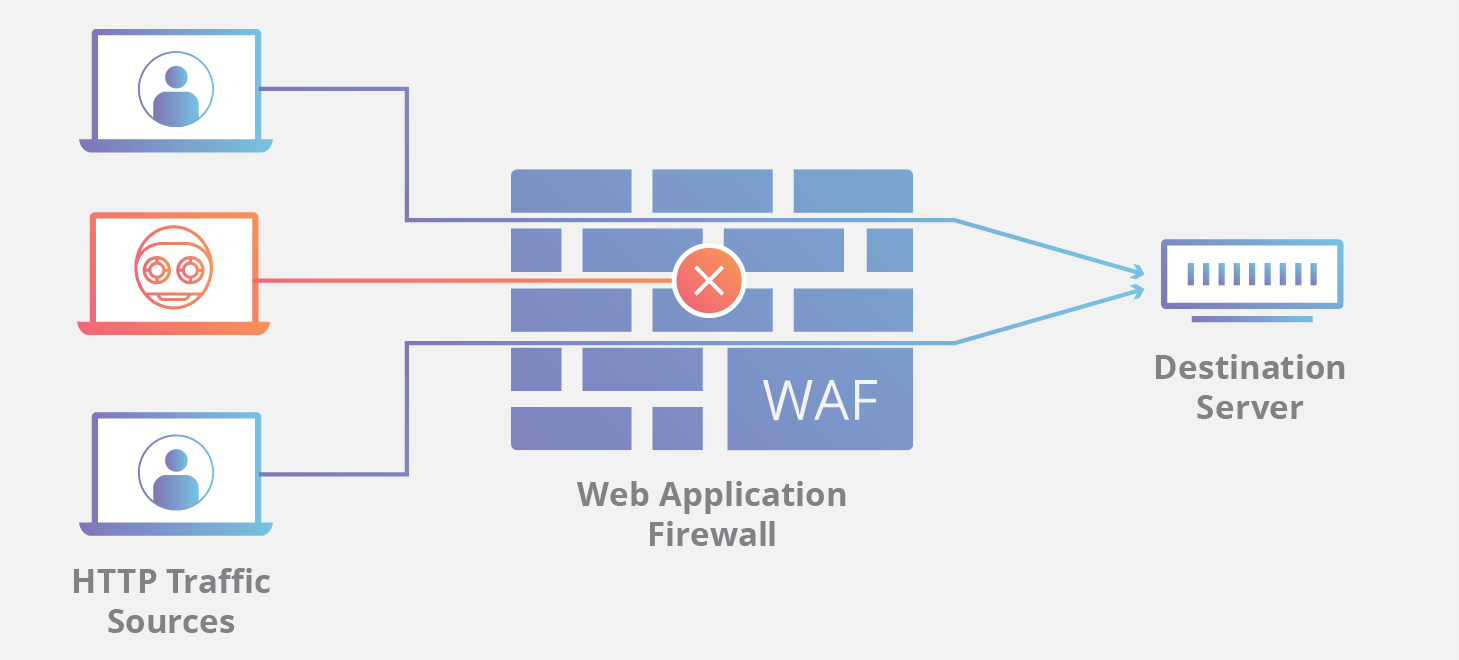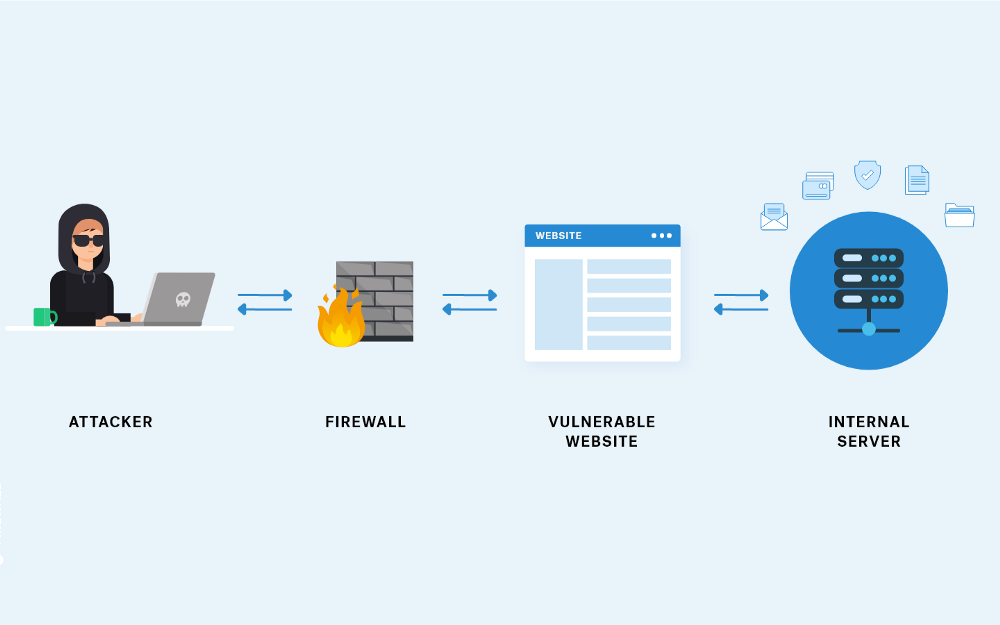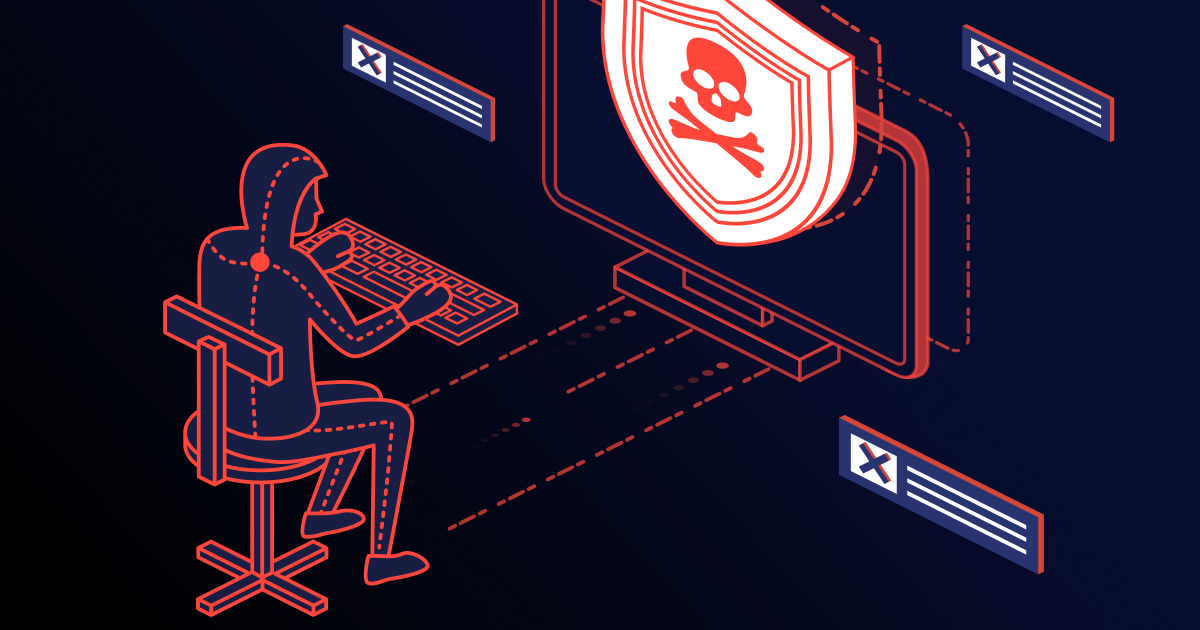
In an increasingly interconnected world, where data breaches and cyber threats are on the rise, the importance of securing digital assets has never been more crucial. One key method employed by organizations to identify vulnerabilities in their systems is penetration testing.
As we delve into 2023, it is essential to evaluate the future of penetration testing as a career and understand the opportunities and challenges it presents.
Understanding Penetration Testing
Penetration testing, also known as ethical hacking, involves simulating cyber attacks to identify weaknesses in computer systems, networks, and applications. Skilled professionals, known as penetration testers or ethical hackers, utilize their expertise to evaluate an organization's security measures and provide recommendations to enhance its overall resilience.
The Growing Importance of Penetration Testing
In recent years, the frequency and sophistication of cyber threats have escalated, causing significant financial and reputational damage to organizations worldwide. Consequently, there has been a surge in the demand for skilled professionals who can proactively identify and mitigate vulnerabilities.
As businesses continue to digitize their operations and data storage, the need for robust cybersecurity measures becomes paramount. Penetration testing helps organizations stay ahead of potential threats by identifying weaknesses before malicious actors can exploit them. This proactive approach allows organizations to strengthen their security posture and safeguard their valuable assets.
Opportunities in Penetration Testing
The future of penetration testing as a career in 2023 holds promising opportunities for individuals who possess the necessary skills and expertise. Here are some key areas where penetration testers can find opportunities:
Industry Demand: The demand for skilled penetration testers is on the rise across various industries, including finance, healthcare, e-commerce, and government sectors. This surge in demand is driven by the need to comply with regulatory requirements, protect sensitive customer data, and maintain a robust security infrastructure.
Security Consulting Firms: Penetration testers can work for specialized security consulting firms that offer services to multiple clients. These firms often handle diverse projects, providing testers with exposure to different industries and cutting-edge technologies.
In-House Security Teams: Many organizations maintain dedicated in-house security teams to address their cybersecurity needs. Skilled penetration testers can find lucrative positions within these teams, working directly for the company and actively contributing to its security strategy.
Independent Consulting: Seasoned penetration testers can establish their own independent consulting businesses. This allows them to work on a freelance basis, offering their expertise to multiple clients while enjoying the flexibility and autonomy of managing their careers.
Challenges and Skill Requirements
While the future of penetration testing appears promising, it also poses challenges that aspiring professionals must consider:
Continuous Learning: Technology evolves rapidly, and penetration testers must continuously update their knowledge and skills to stay relevant. They should keep pace with the latest hacking techniques, security vulnerabilities, and emerging technologies to effectively detect and address potential threats.
Ethical Considerations: Penetration testers must adhere to strict ethical guidelines and legal boundaries. They are responsible for obtaining proper authorization before conducting tests and ensuring that their actions do not cause harm to the systems they are assessing.
Collaboration and Communication: Effective collaboration and communication skills are essential for penetration testers. They often work alongside development teams, IT departments, and management personnel, requiring the ability to articulate technical concepts clearly and collaborate on security improvements.
Industry Certifications: Obtaining industry-recognized certifications such as Certified Ethical Hacker (CEH), Offensive Security Certified Professional (OSCP), or Certified Information Systems Security Professional (CISSP) can significantly enhance career prospects by validating expertise and demonstrating a commitment to professional development.
Conclusion
As organizations continue to recognize the importance of securing their digital assets, the demand for skilled penetration testers is set to grow in 2023 and beyond. The future of penetration testing as a career offers numerous opportunities across industries, ranging from working with security consulting firms to establishing independent consulting businesses.
However, aspiring penetration testers must be prepared to continuously update their skills, navigate ethical considerations, and hone their communication abilities to succeed in this dynamic field. By staying abreast of emerging technologies and obtaining industry certifications, professionals can position themselves for a rewarding career in penetration testing, contributing to the global effort to combat cyber threats and ensure a secure digital landscape.





